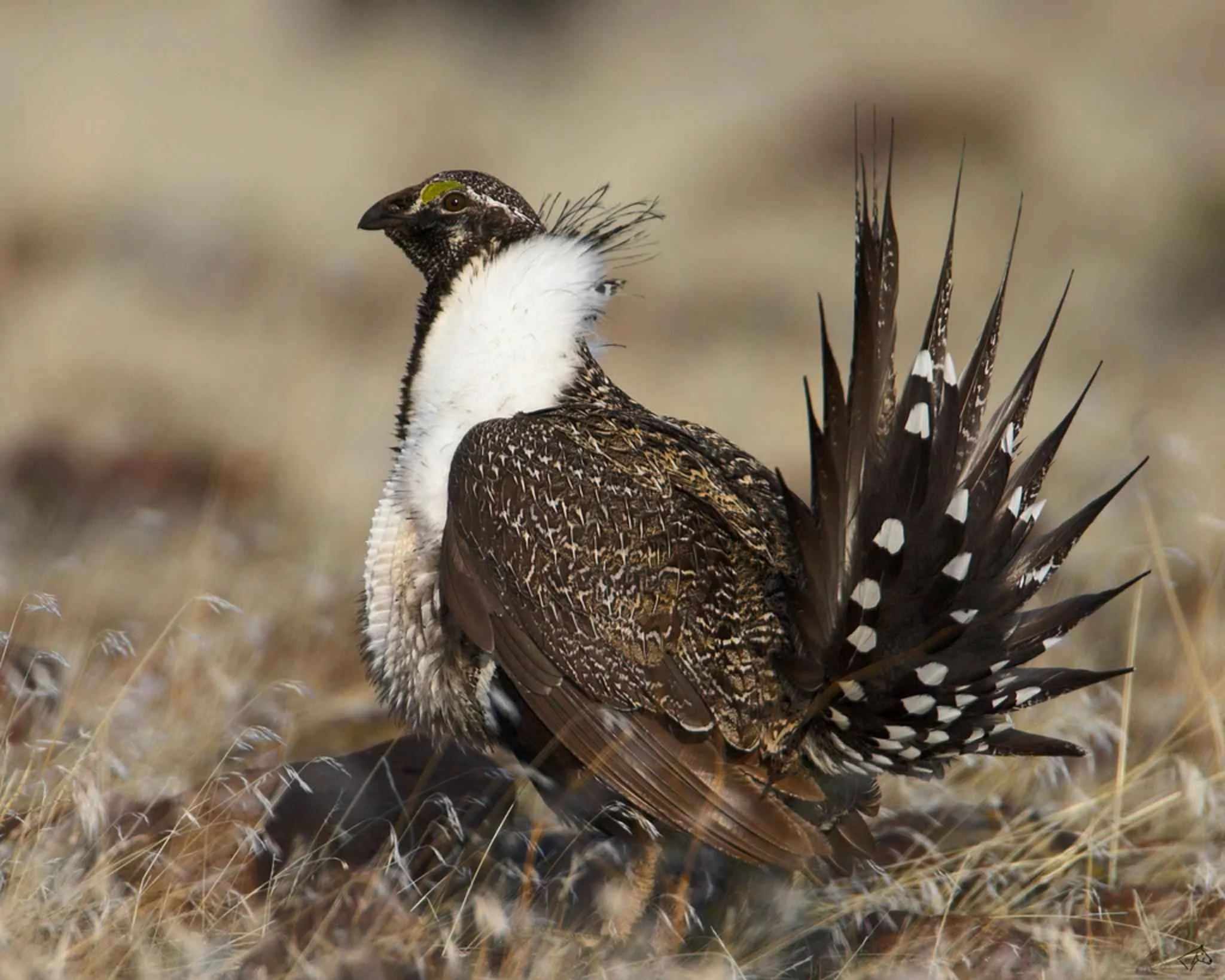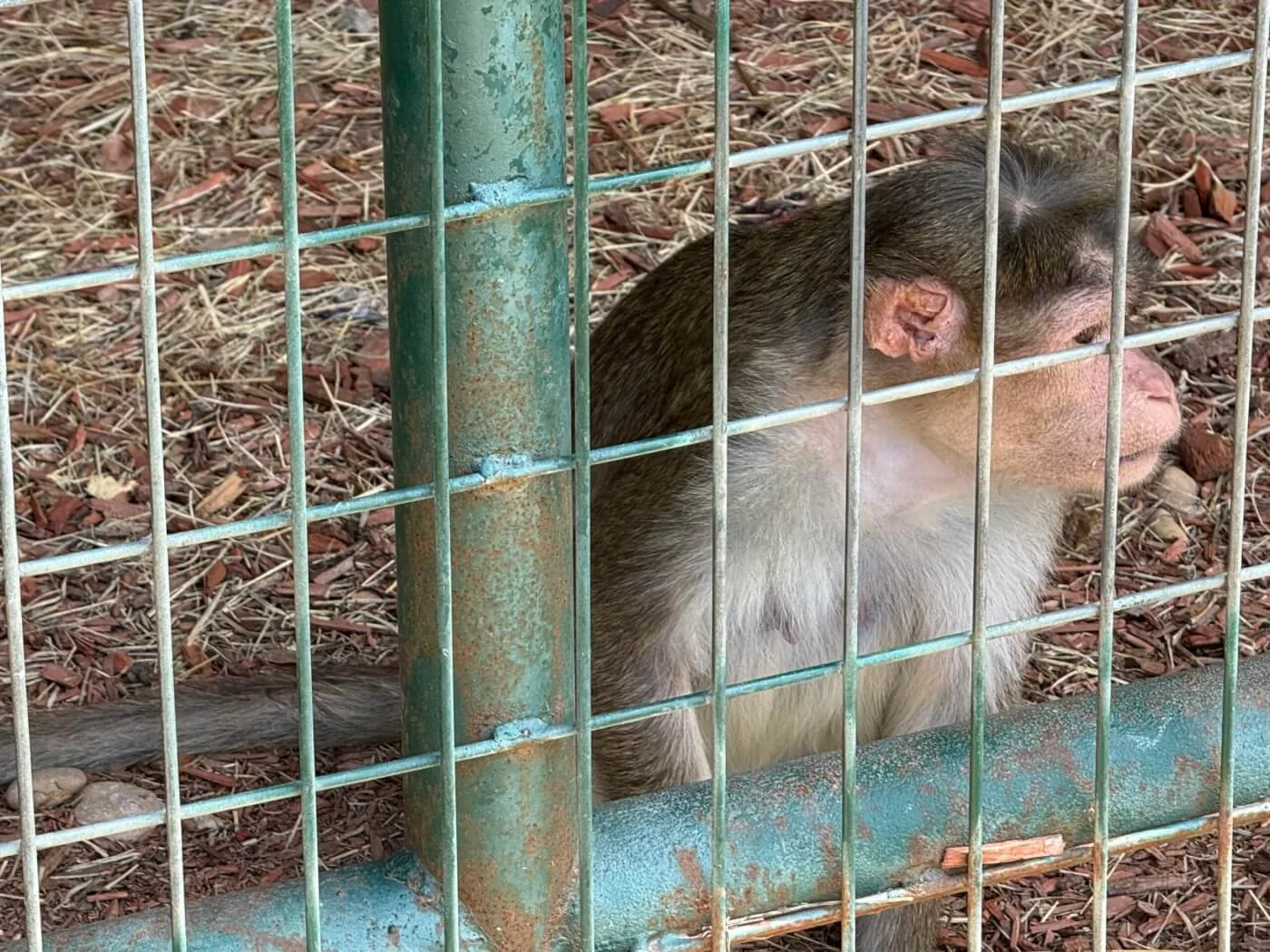Canada Wants to market Seal Meat as a seafood delicacy to Boost Demand for the Controversial Product
The recently appointed Fisheries Minister of Canada is focusing on increasing sales of seal meat, despite widespread international condemnation of the annual hunt, where hundreds of thousands of harp seals are bludgeoned to death.
Canada’s commercial seal industry collapsed in 2009 after the European Union banned the export of seal products. Now, Canada’s new Department of Fisheries and Oceans Minister is planning to revive the struggling industry by marketing seal meat as a seafood delicacy to Canadians.
The minister, Diane Lebouthillier, testified at a Senate Fisheries Committee meeting that seal meat could be rebranded as a premium product similar to lobster through federal marketing efforts.
“Listen, we have a new product we must exploit,” said Lebouthillier during the meeting in early February. “Making it a consumer product is a priority. When properly prepared, it is delicious. We did it with lobster. We don’t need to reinvent the wheel.
“I remember very well there was a time when we gave lobster to prisoners to eat and crab and lobster were used as fertilizer for our gardens. The sums invested and the work carried out have the result that today lobster really has added value on the market. If we can eat beef we can very well eat seal and advertise it,” she continued.
“Listen, we have a new product we must exploit.”
According to Lebouthillier plans to push seal meat are already underway, with promotional work being done on the ground with the hotel industry to ‘bring seal to the table’.
The move comes as Canada’s annual seal hunt gears up for the 2024 season. Although the scale of the commercial hunt has plummeted dramatically due to global concerns over animal welfare and numerous international trade bans on seal goods, hundreds of thousands of seals are still slaughtered each year.
Credit: HSI
The controversial event is the largest authorized slaughter of marine mammals on the planet, with seals bludgeoned, stabbed, and shot to death. Staggeringly, 97 percent of the seals killed are pups typically under three months old and often as young as 12 weeks old, according to IFAW.
Europe decided to outlaw virtually all trade in seal products in 2009, to help collapse the market and reduce the killings. Since then, the Senate fisheries committee has been actively exploring alternative seal product markets.
Critics of this latest marketing proposal pointed to the histroical barriers surrounding seal meat consumption, highlighting the longstanding controversies and public opposition to commercial seal hunting, both domestically and internationally.
“The idea of marketing seal meat as a delicacy isn’t new. In fact, it’s been tried—and has failed—for three decades,” wrote Sheryl Fink, Canada’s Campaigns Director for the International Fund for Animal Welfare (IFAW) who have opposed the commercial seal hunt since 1969. “Since the 1990s, Canada has wasted hundreds of millions of dollars trying to revive the commercial seal hunt. Most Canadians are struggling to make ends meet, and they don’t want to see their tax dollars spent on harm to native wildlife.”
IFAW warns that current plans to expand the demand for seal products is one of the top two threats facing harp seals, alongside the rising temperatures caused by climate change, which are melting their ice habitats.
Recently, Fisheries and Oceans Canada (DFO) adjusted their estimate of the harp seal population from 7.4 million to 4.7 million, with animal advocates arguing that we should be taking action to protect them from climate threats, not finding new incentives to slaughter them.
What Can You Do?
Join Species Unite in calling on the Minister of Fisheries, Forestry and Agriculture to put an end to the slaughter before the harp seal population is irrevocably damaged. Sign the petition here.
We Have A Favor To Ask…
Species Unite amplifies well-researched solutions to some of the most abusive animal industries operating today.
At this crucial moment, with worldwide momentum for change building, it’s vital we share these animal-free solutions with the world - and we need your help.
We’re a nonprofit, and so to keep sharing these solutions, we’re relying on you - with your support, we can continue our essential work in growing a powerful community of animal advocates this year.





